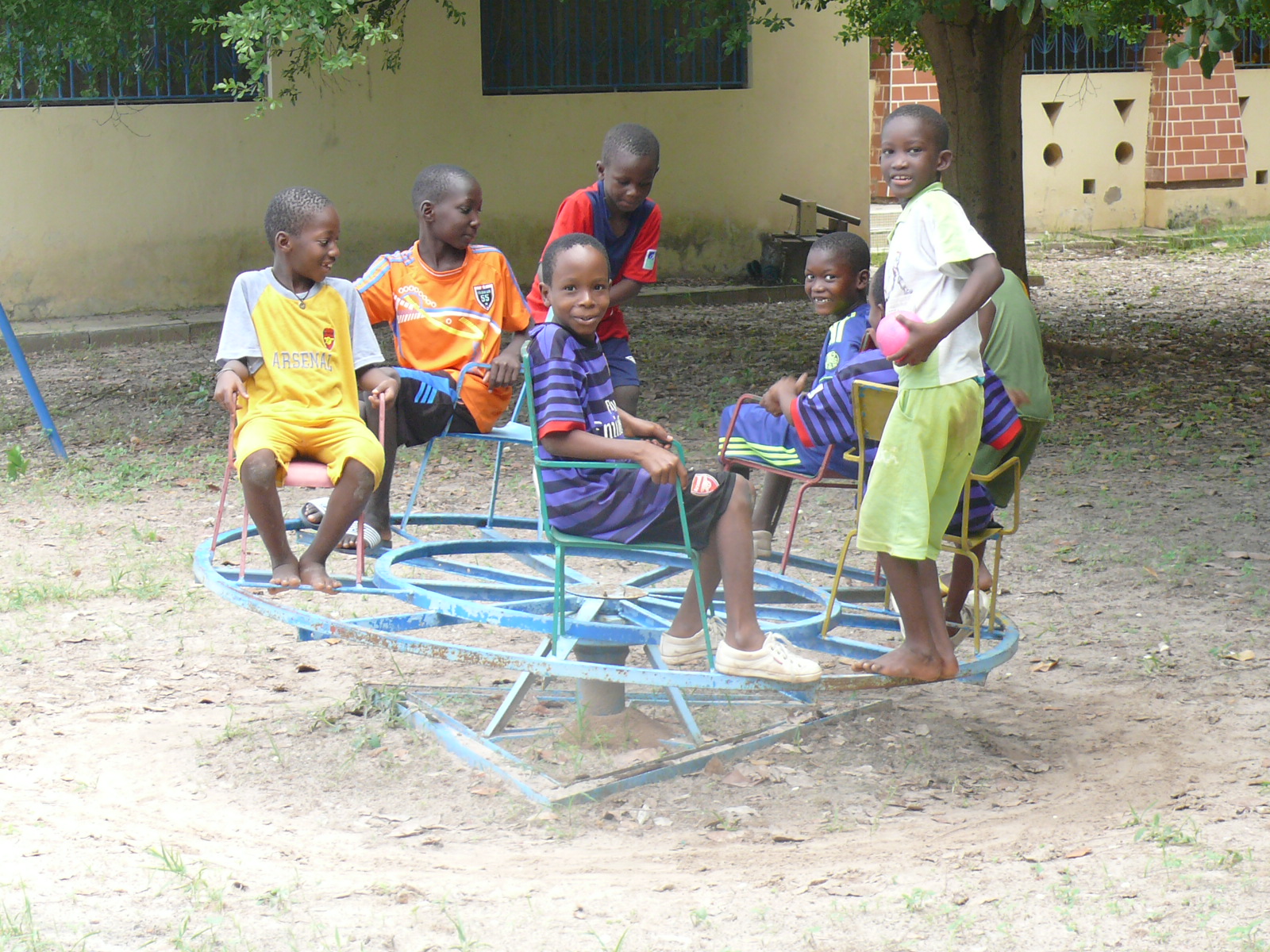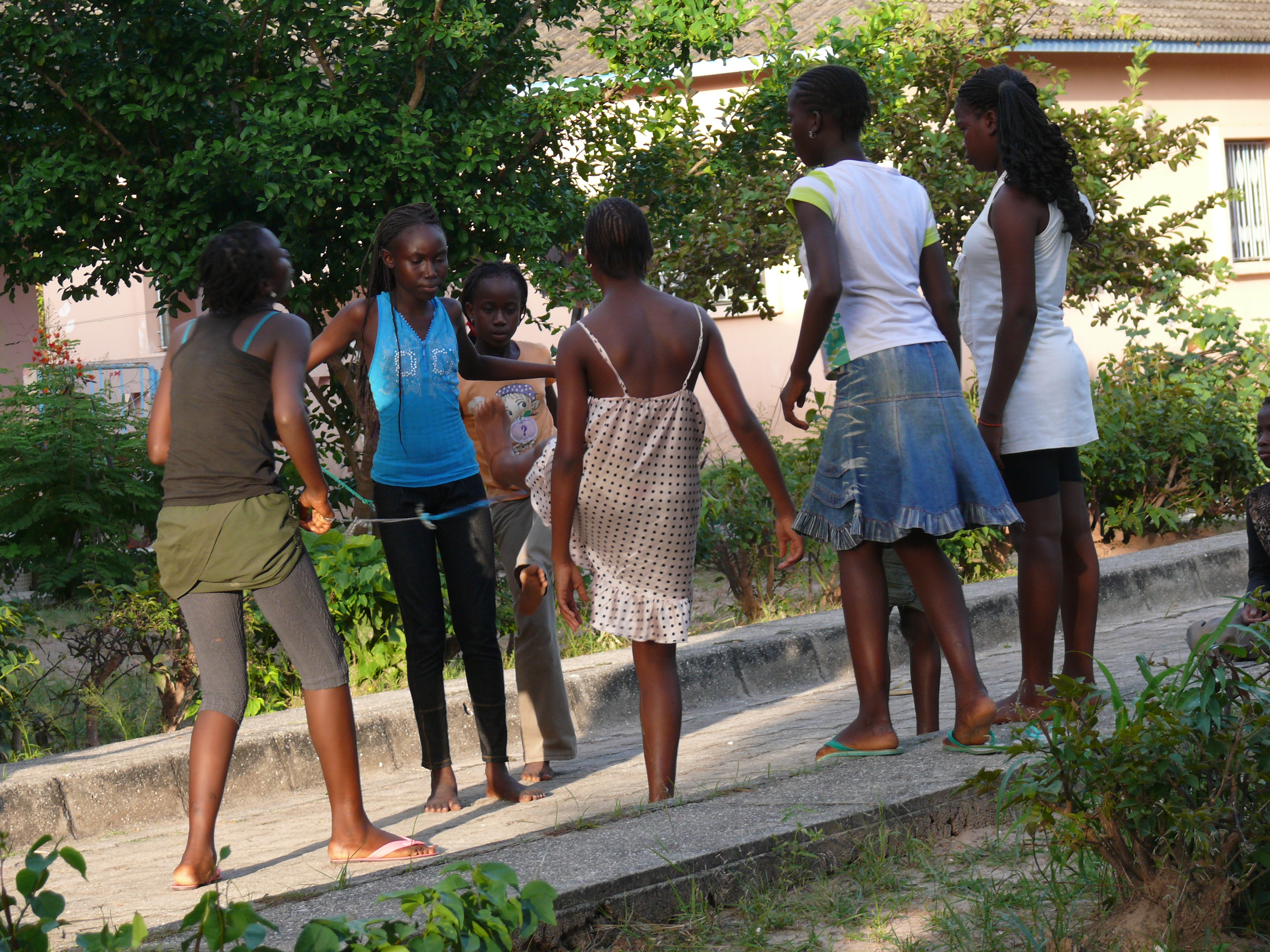The local population is unable to farm due to unexploded landmines
.jpg?width=800)
Children grow up with their brothers and sisters (photo: SOS archives)
Over the past few decades Casamance has been affected by violence and insecurity. An estimated 40,000 people have been displaced and the region's economy has suffered. Traditionally farming was the main source of income, but the presence of unexploded landmines has decreased this activity. The processing and export of agricultural products, especially peanut oil, is very important. A large number of tourists are also attracted to the area's beaches and resorts.
However, Casamance remains one of the poorest regions of Senegal. The population has limited access to quality health-care and education. Many people have moved from rural areas to the city of Ziguinchor in order to make a living. For a population who used to survive on farming, finding a new source of income has been problematic – as a result many families live in poverty. Women, especially widows, and children have been hit particularly hard by the change in circumstances. Many children live in overcrowded conditions and are malnourished. Often they do not attend school, but spend their days working or begging to scrape together enough money to buy food.
An urgent need to provide support to families and loving homes to children
The social, economic and political situation of the families and children in Ziguinchor makes the work of SOS Children's Villages in the area particularly important. Our organisation has had governmental support to protect the most vulnerable inhabitants of this conflict-ridden country. We are working alongside other agencies to ensure that families can stay together and children can grow up in a loving environment. In addition, the provision of early education through the kindergarten and the primary school hopes to give the children in the area a brighter future.
What we do in Ziguinchor
.jpg?width=800)
After school, children have the chance to spend time with their friends (photo: SOS archives).
Children who have lost parental care can find a loving home in one of the 13 SOS families, where up to 120 children can be looked after. They grow up in a familial environment full of love, respect and security.
The SOS Kindergarten has capacity to care for up to 150 children, some of whom come from the neighbouring community. The provision of day-care is particularly valued by those parents who attend training or go to work.
Up to 500 children, both from SOS families and from local families can attend the SOS Hermann Gmeiner School, which educates children at primary level.
When the children are ready to leave their SOS families, they move into our youth programmes. With the support of qualified professionals they are guided through this new stage of their lives, as they start vocational training courses, attend higher education and start looking for work.